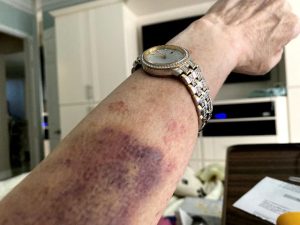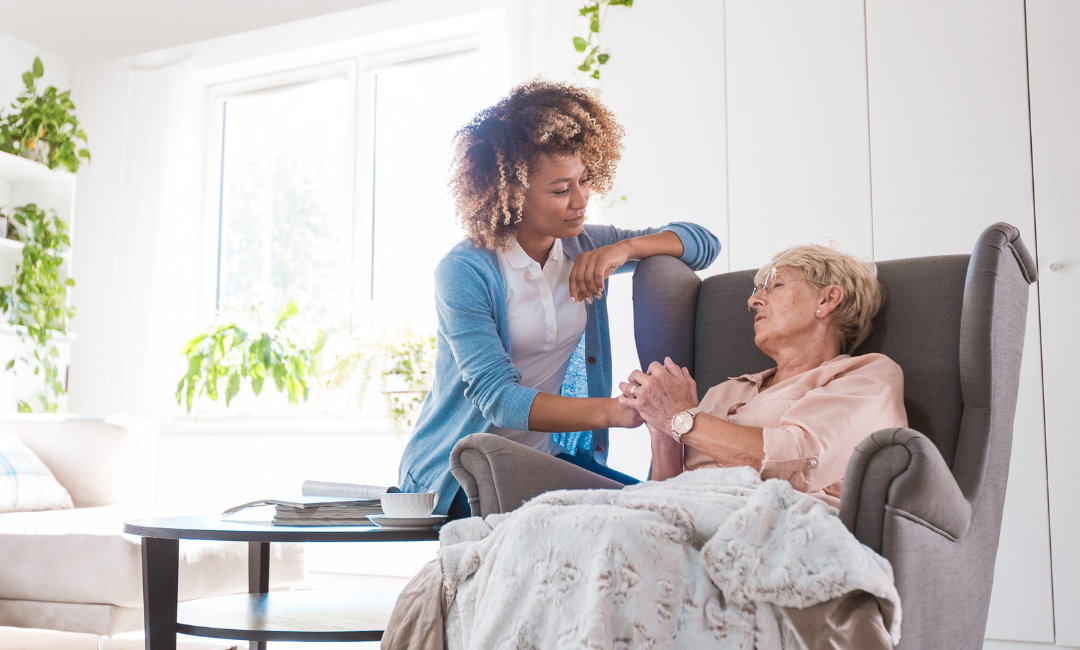Different Types of Elder Abuse
Physical Abuse: When elderly patients experience pain, illness, injury, functional impairment, distress or death as a result of the intentional use of physical force. Examples of this are hitting, kicking, pushing, slapping, and even burning.
Emotional Abuse: Verbal or non-verbal behaviors that intimidate, cause distress, fear, humiliation, or isolation.
Neglect: Failure to meet an older adult’s basic needs. Examples are food, water, clothing, shelter, hygiene, and medical care.
Financial Exploitation: Illegal and unauthorized use of an elderly adult’s money, benefits or belongings for the benefit of someone else other than the elderly adult.
Sexual Assault: Forced or unwanted sexual interaction of any kind with an older adult. Examples are unwanted sexual contact or sexual harassment.








